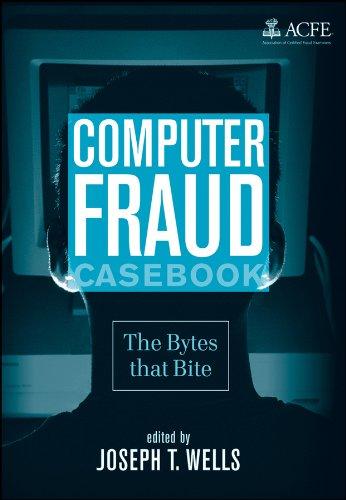Lilly Limited is planning to enlarge its factory in an economically challenged area of Canada. The federal, provincial, and municipal governments are all keen to assist the firm in making this investment successful, and hopefully generate permanent and significant economic and social benefits for the region. Collaboratively the three levels of government and the company have made the following commitments: i Lilly will build a factory that will cost $90 million. ii. The city will donate the land for the factory, which has a fair value of $6,000,000 Upon completing construction, the legal title of the land will be transferred to Lilly. iii. For the next five years, the city will reduce the property and municipal taxes the company has to pay on the new factory by 15%. It is estimated that these taxes would be $2,200,000 per year before the discount. iv. The federal government will provide a forgivable loan of $7,500,000 to assist in the financing of the factory. The loan will be forgiven over five years if the company employs at least 220 workers per year in the new factory. v. For the next five years, the provincial government will provide a training subsidy of $2,500,000 a year for the employment and skill development of local residents. vi. The federal government will give Lilly a $1,200,000 grant immediately for having had a factory in the region for the past 10 years. Required: a. Prepare journal entries to record each of the seven items described above for the first year. Assume all estimates and expectations for the first year are correct and the factory is built and operational in the first year. Lilly Limited uses the net method to record grants. No depreciation will be recorded in the first year. b. What will be the annual depreciation expense for the factory starting in year two? Lilly Limited uses the net method to record grants. The factory is expected to have useful life of 30 years (excluding the first year in the start-up phase) and no material residual value. The company uses straight-line depreciation Lilly Limited is planning to enlarge its factory in an economically challenged area of Canada. The federal, provincial, and municipal governments are all keen to assist the firm in making this investment successful, and hopefully generate permanent and significant economic and social benefits for the region. Collaboratively the three levels of government and the company have made the following commitments: i Lilly will build a factory that will cost $90 million. ii. The city will donate the land for the factory, which has a fair value of $6,000,000 Upon completing construction, the legal title of the land will be transferred to Lilly. iii. For the next five years, the city will reduce the property and municipal taxes the company has to pay on the new factory by 15%. It is estimated that these taxes would be $2,200,000 per year before the discount. iv. The federal government will provide a forgivable loan of $7,500,000 to assist in the financing of the factory. The loan will be forgiven over five years if the company employs at least 220 workers per year in the new factory. v. For the next five years, the provincial government will provide a training subsidy of $2,500,000 a year for the employment and skill development of local residents. vi. The federal government will give Lilly a $1,200,000 grant immediately for having had a factory in the region for the past 10 years. Required: a. Prepare journal entries to record each of the seven items described above for the first year. Assume all estimates and expectations for the first year are correct and the factory is built and operational in the first year. Lilly Limited uses the net method to record grants. No depreciation will be recorded in the first year. b. What will be the annual depreciation expense for the factory starting in year two? Lilly Limited uses the net method to record grants. The factory is expected to have useful life of 30 years (excluding the first year in the start-up phase) and no material residual value. The company uses straight-line depreciation







